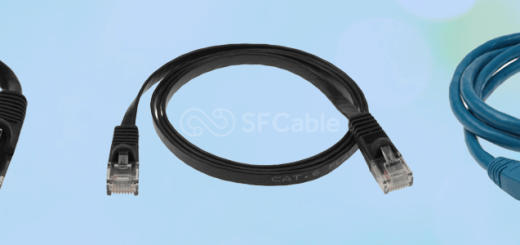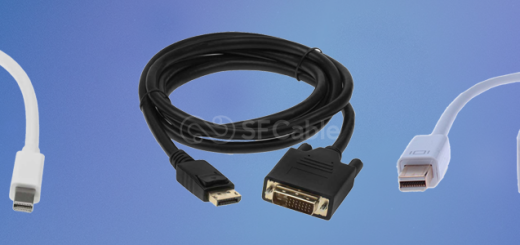Your Guide to Choosing the Right Streaming Service
With the streaming wars heating up, the fight is for the biggest screen in your home. All the streaming companies are looking for a way to make you stream TV shows, and movies that they make, and some of them come with devices. On the other hand, some streaming services run over the air and don’t require a special hardware device.
Buying the hardware is not expensive. It is often a one-time purchase and can last you about a decade, after which standards may change and you might end up wanting to upgrade. But the subscription cost of each service tends to mount up quite significantly. So you have to be really picky about which service you like, and even which networks, film studios you like so you can plan for the future.
However, just because the streaming services and boxes want to be in your TV, doesn’t mean your TV is ready for this upgrade. Fortunately for you, for a long time now, TVs have come with HDMI ports, at least one if not more. And apart from the HDMI port, there are usually other audio video ports.
Now, of course, you will say that all streaming boxes come with the HDMI connector so how can you use other ports on the TV. I have two words for you: HDMI adapters! And on top of those, you can also buy HDMI splitter.
So how do you go about this?
If you have one HDMI port on your TV:
It is likely that you may just have one of these ports on your TV, so you can buy HDMI splitter. Plug in this splitter in the port, and you instantly have two HDMI ports! Now you can use one for a streaming stick and maybe another one for a soundbar, if you don’t want another streaming option.
If you have older ports:
On top of one HDMI port, if you have older audio video ports like the DisplayPort, then you can get one of the HDMI adapters available in the market. This way, you can plug in your streaming stick in the DisplayPort with the adapter and then plug in a soundbar in the HDMI port.
In either and all cases, it is quite likely that the TV’s inbuilt speakers are not up to the performance that your favourite TV show and movie need. So a soundbar can really help enhance this situation.
Now that the hardware issues are clear, let’s come down to how to actually decide what streaming service you want to use. There are a few things to keep in mind:
What ecosystem are you in:
The simple answer to this question is what ecosystem are most of your devices? Do you use an Android phone or an iOS one? Do you have smart home gadgets? If so, then are they madebygoogle devices? Or are they a variety of products that Amazon makes? Or do they work with the Apple ecosystem? Unfortunately, walled gardens are on the rise, and at least for the next 4-5 years, we have to play in one.
So if you are in Google’s garden, it makes sense to get a Chromecast because it will work with your Google Assistant, from both the smart speaker and your Android phone. Google’s original content and streaming services come from Play Movies and YouTube originals.
If you have amazon’s Echo devices around the house, they might work best with Amazon’s Fire TV stick. (Until a while ago, you couldn’t play Prime Video on Chromecast. Big tech competes in the same market and sometimes the customer suffers due to it.) But now it’s all fine. That, most certainly should be a decision making factor, even if there is little under your control.
If you are an Apple house, then you can go with their Apple TV, which offers its streaming service with the original shows exclusively on Apple devices.
Streaming services like Netflix, Disney+, etc., are fortunately just over the air ones and don’t add to this confusing list of devices you have to buy.
The trick, and it is no shortcut, is to figure out which service has everything you watch, and if it will always continue to have the things that you generally like to watch. Next thing to tackle is what streaming device you can get it on and if that device integrates well into your ecosystem.
Once you figure that out, SF Cable has all the HDMI adapters you need, and we will be more than happy to help you figure out variants based on your TV. Browse our collection here and get in touch with us for any further questions you may have.


